The developer of a nicely reviewed metroidvania called A Robot Named Fight! has released the source code, hoping that others can learn from it.
Currently though, it's not fully open source as they have it under their own license but they made it clear they're considering putting it under something like the GPL if they can. It also uses the Unity game engine, so it still relies on a proprietary game engine but it's still a good step and nice to see more developers consider open source.
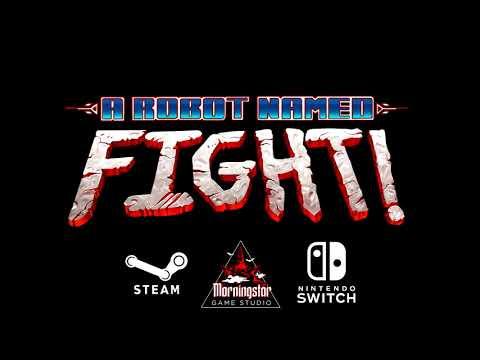
Direct Link
"A Robot Named Fight is a Metroidvania roguelike focused on exploration and item collection. Take on the role of a lone robot tasked with stopping the entity known as the Megabeast. Explore procedurally-generated labyrinths, uncover randomized power-ups and artifacts, find secrets, and blast meaty creatures in this deliciously gory Metroidvania."
Game Features:
- Explore a procedurally-generated labyrinth with more than 4 billion unique runs.
- Prove your worth with true permadeath.
- Take on over 60 menacing enemies solo or with a friend via local co-op.
- Adapt to a different item set every run with more than 80 unique items
- Complete achievements to unlock new content.
- Play using your favorite controller.
- Enjoy an unreasonable amount of meat!
Pretty sure can't license code written against unity as GPL. That would require unity's code itself to be GPL-compatible.I don't think so. The GPL license requires derivative code to be licensed under GPL, and obviously Unity is not derivative work, more like the opposite. It should be possible for you to write a GPL'd piece of code that plugs into a non-GPL system and still enforce all the requirements of GPL when it comes to your code. Obviously you cannot enforce them on the whole system.
Yeah . . . seems to me something like Unity is closest legally/conceptually to being like a programming language & compiler, and it's clearly possible (if not all that common) to compile GPL software on proprietary compilers.Pretty sure can't license code written against unity as GPL. That would require unity's code itself to be GPL-compatible.I don't think so. The GPL license requires derivative code to be licensed under GPL, and obviously Unity is not derivative work, more like the opposite. It should be possible for you to write a GPL'd piece of code that plugs into a non-GPL system and still enforce all the requirements of GPL when it comes to your code. Obviously you cannot enforce them on the whole system.
Yeah . . . seems to me something like Unity is closest legally/conceptually to being like a programming language & compiler, and it's clearly possible (if not all that common) to compile GPL software on proprietary compilers.Pretty sure can't license code written against unity as GPL. That would require unity's code itself to be GPL-compatible.I don't think so. The GPL license requires derivative code to be licensed under GPL, and obviously Unity is not derivative work, more like the opposite. It should be possible for you to write a GPL'd piece of code that plugs into a non-GPL system and still enforce all the requirements of GPL when it comes to your code. Obviously you cannot enforce them on the whole system.
Unity is not really a compiler, not even an interpreter. The application links against it. So no, this isn't the same as compiling with a proprietary compiler.
That said, I actually have doubts now if GPL code can link against a non-GPL library, if the library is independent of the GPL code.
So Unity games have to include a copy of Unity with the game?Yeah . . . seems to me something like Unity is closest legally/conceptually to being like a programming language & compiler, and it's clearly possible (if not all that common) to compile GPL software on proprietary compilers.Pretty sure can't license code written against unity as GPL. That would require unity's code itself to be GPL-compatible.I don't think so. The GPL license requires derivative code to be licensed under GPL, and obviously Unity is not derivative work, more like the opposite. It should be possible for you to write a GPL'd piece of code that plugs into a non-GPL system and still enforce all the requirements of GPL when it comes to your code. Obviously you cannot enforce them on the whole system.
Unity is not really a compiler, not even an interpreter. The application links against it. So no, this isn't the same as compiling with a proprietary compiler.
So Unity games have to include a copy of Unity with the game?Yeah . . . seems to me something like Unity is closest legally/conceptually to being like a programming language & compiler, and it's clearly possible (if not all that common) to compile GPL software on proprietary compilers.Pretty sure can't license code written against unity as GPL. That would require unity's code itself to be GPL-compatible.I don't think so. The GPL license requires derivative code to be licensed under GPL, and obviously Unity is not derivative work, more like the opposite. It should be possible for you to write a GPL'd piece of code that plugs into a non-GPL system and still enforce all the requirements of GPL when it comes to your code. Obviously you cannot enforce them on the whole system.
Unity is not really a compiler, not even an interpreter. The application links against it. So no, this isn't the same as compiling with a proprietary compiler.
Yes? Not the editor or the tools obviously, but there's a lot of engine code linked with the application code; resource management, renderer, animation, physics etc.
Pretty sure can't license code written against unity as GPL. That would require unity's code itself to be GPL-compatible.
we dont need the runtime to be opensource to make an code opensource, if we follow that logic, then we cant licence anything under GPL for windows.
maybe there are some incompatibilities that im not aware of, but i dont think so, if gpl contamined the runtime then an single program for windows being GPL (even if not written by microsoft) would mean the entire source of windows would need to be opensource.
we dont need the runtime to be opensource to make an code opensource, if we follow that logic, then we cant licence anything under GPL for windows.No, this is covered by the system library exception:
maybe there are some incompatibilities that im not aware of, but i dont think so, if gpl contamined the runtime then an single program for windows being GPL (even if not written by microsoft) would mean the entire source of windows would need to be opensource.
https://www.gnu.org/licenses/gpl-faq.html#SystemLibraryException
Unity is not a system library though.
what count as an system? an runtime to run an application?we dont need the runtime to be opensource to make an code opensource, if we follow that logic, then we cant licence anything under GPL for windows.No, this is covered by the system library exception:
maybe there are some incompatibilities that im not aware of, but i dont think so, if gpl contamined the runtime then an single program for windows being GPL (even if not written by microsoft) would mean the entire source of windows would need to be opensource.
https://www.gnu.org/licenses/gpl-faq.html#SystemLibraryException
Unity is not a system library though.
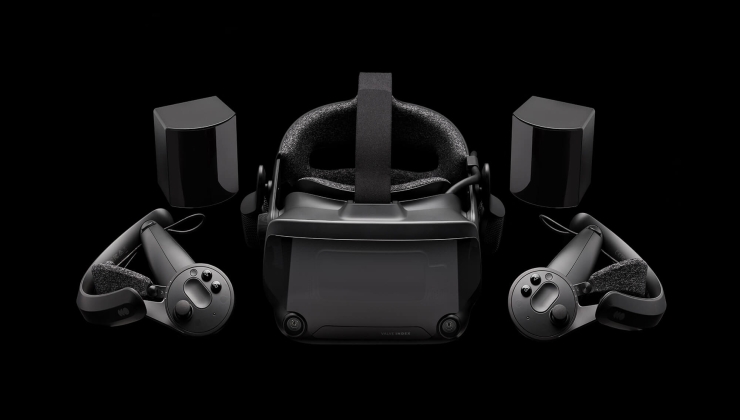
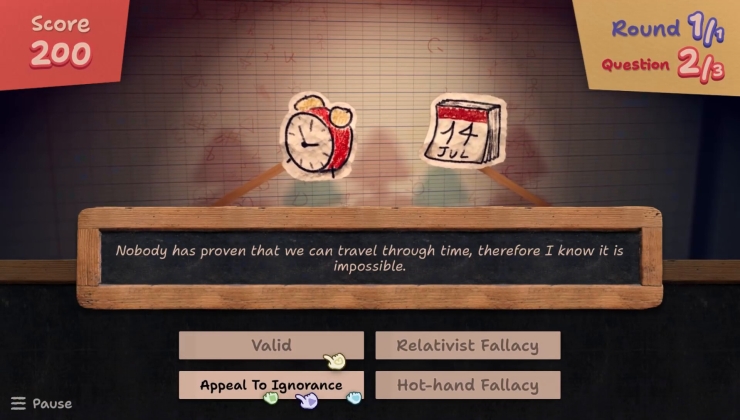
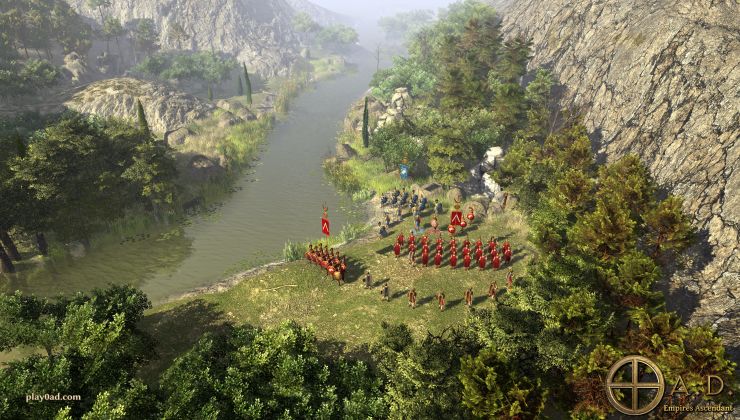
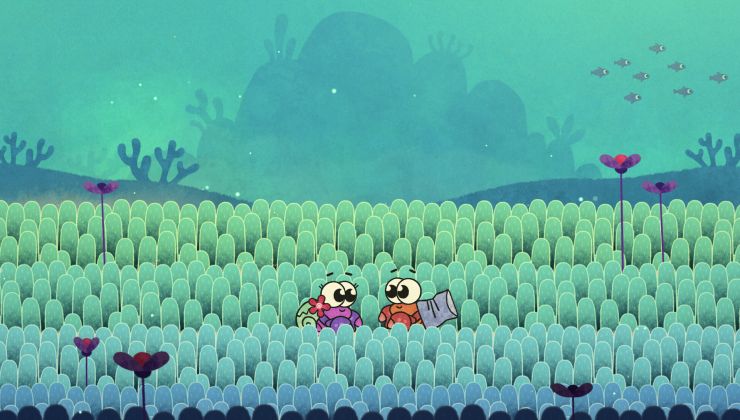




 How to set, change and reset your SteamOS / Steam Deck desktop sudo password
How to set, change and reset your SteamOS / Steam Deck desktop sudo password How to set up Decky Loader on Steam Deck / SteamOS for easy plugins
How to set up Decky Loader on Steam Deck / SteamOS for easy plugins
See more from me